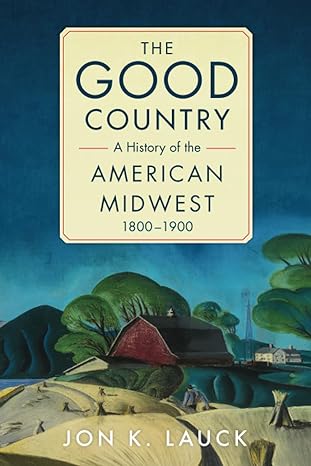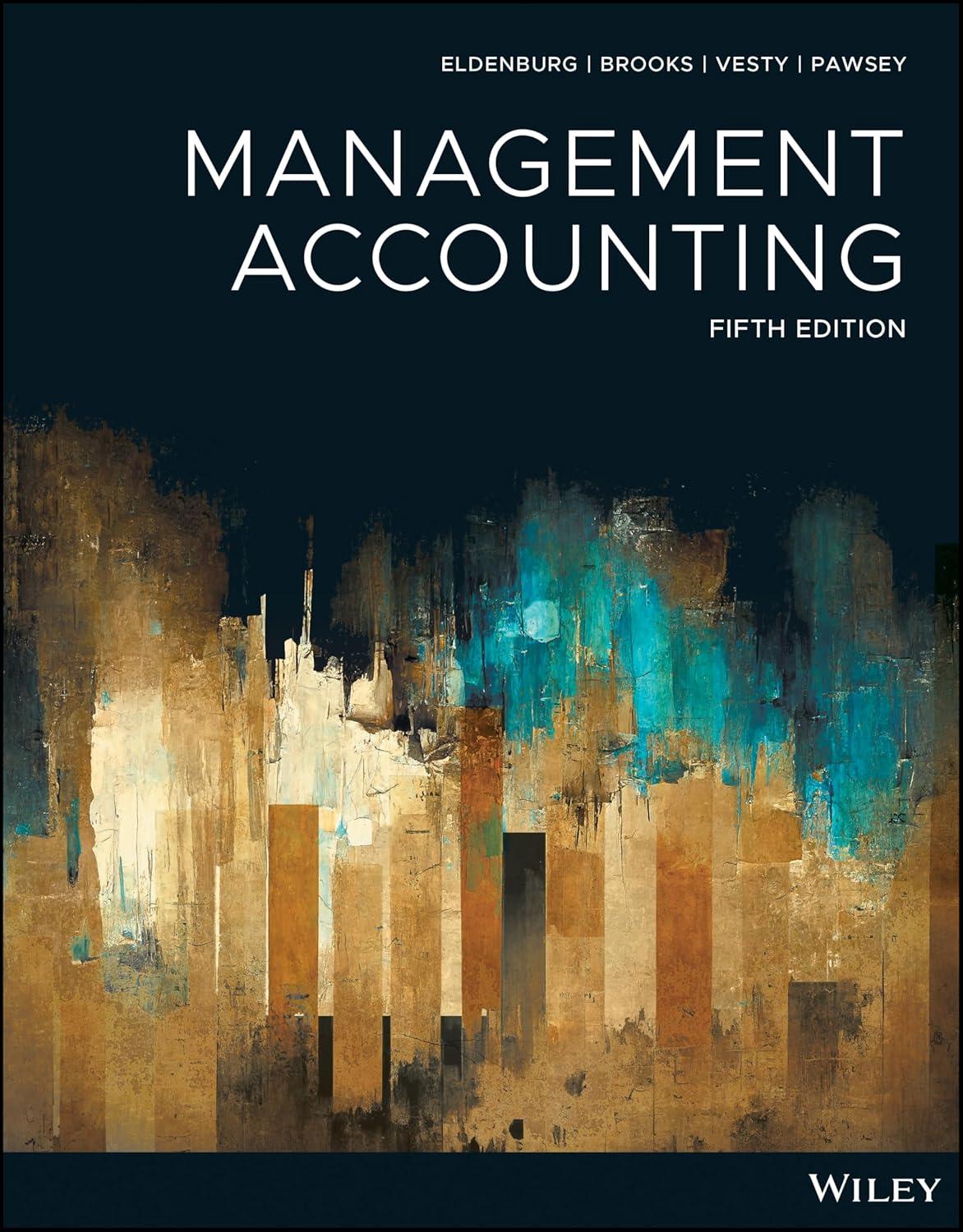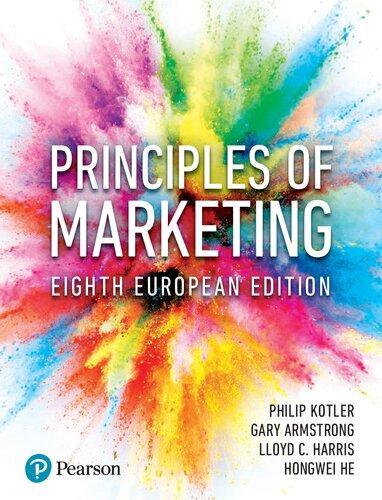Go back


The Good Country A History Of The American Midwest 1800-1900(1st Edition)
Authors:
Lauck

Cover Type:Hardcover
Condition:Used
In Stock
Shipment time
Expected shipping within 2 DaysPopular items with books
Access to 30 Million+ solutions
Free ✝
Ask 50 Questions from expert
AI-Powered Answers
✝ 7 days-trial
Total Price:
$0
List Price: $48.72
Savings: $48.72(100%)
Solution Manual Includes
Access to 30 Million+ solutions
Ask 50 Questions from expert
AI-Powered Answers
24/7 Tutor Help
Detailed solutions for The Good Country A History Of The American Midwest 1800-1900
Price:
$9.99
/month
Book details
ISBN: 0806190647, 978-0806190648
Book publisher: OU Press
Get your hands on the best-selling book The Good Country A History Of The American Midwest 1800-1900 1st Edition for free. Feed your curiosity and let your imagination soar with the best stories coming out to you without hefty price tags. Browse SolutionInn to discover a treasure trove of fiction and non-fiction books where every page leads the reader to an undiscovered world. Start your literary adventure right away and also enjoy free shipping of these complimentary books to your door.
Book Summary: At the center of American history is a hole—a gap where some scholars’ indifference or disdain has too long stood in for the true story of the American Midwest. A first-ever chronicle of the Midwest’s formative century, The Good Country restores this American heartland to its central place in the nation’s history. Jon K. Lauck, the premier historian of the region, puts midwestern “squares” center stage—an unorthodox approach that leads to surprising conclusions. The American Midwest, in Lauck’s cogent account, was the most democratically advanced place in the world during the nineteenth century. The Good Country describes a rich civic culture that prized education, literature, libraries, and the arts; developed a stable social order grounded in Victorian norms, republican virtue, and Christian teachings; and generally put democratic ideals into practice to a greater extent than any nation to date. The outbreak of the Civil War and the fight against the slaveholding South only deepened the Midwest’s dedication to advancing a democratic culture and solidified its regional identity. The “good country” was, of course, not the “perfect country,” and Lauck devotes a chapter to the question of race in the Midwest, finding early examples of overt racism but also discovering a steady march toward racial progress. He also finds many instances of modest reforms enacted through the democratic process and designed to address particular social problems, as well as significant advances for women, who were active in civic affairs and took advantage of the Midwest’s openness to women in higher education. Lauck reaches his conclusions through a measured analysis that weighs historical achievements and injustices, rejects the acrimonious tones of the culture wars, and seeks a new historical discourse grounded in fair readings of the American past. In a trying time of contested politics and culture, his book locates a middle ground, fittingly, in the center of the country.
Frequently Bought Together
Top Reviews for Books
Request 2xkl4i
( 5 )
"Delivery was considerably fast, and the book I received was in a good condition."









